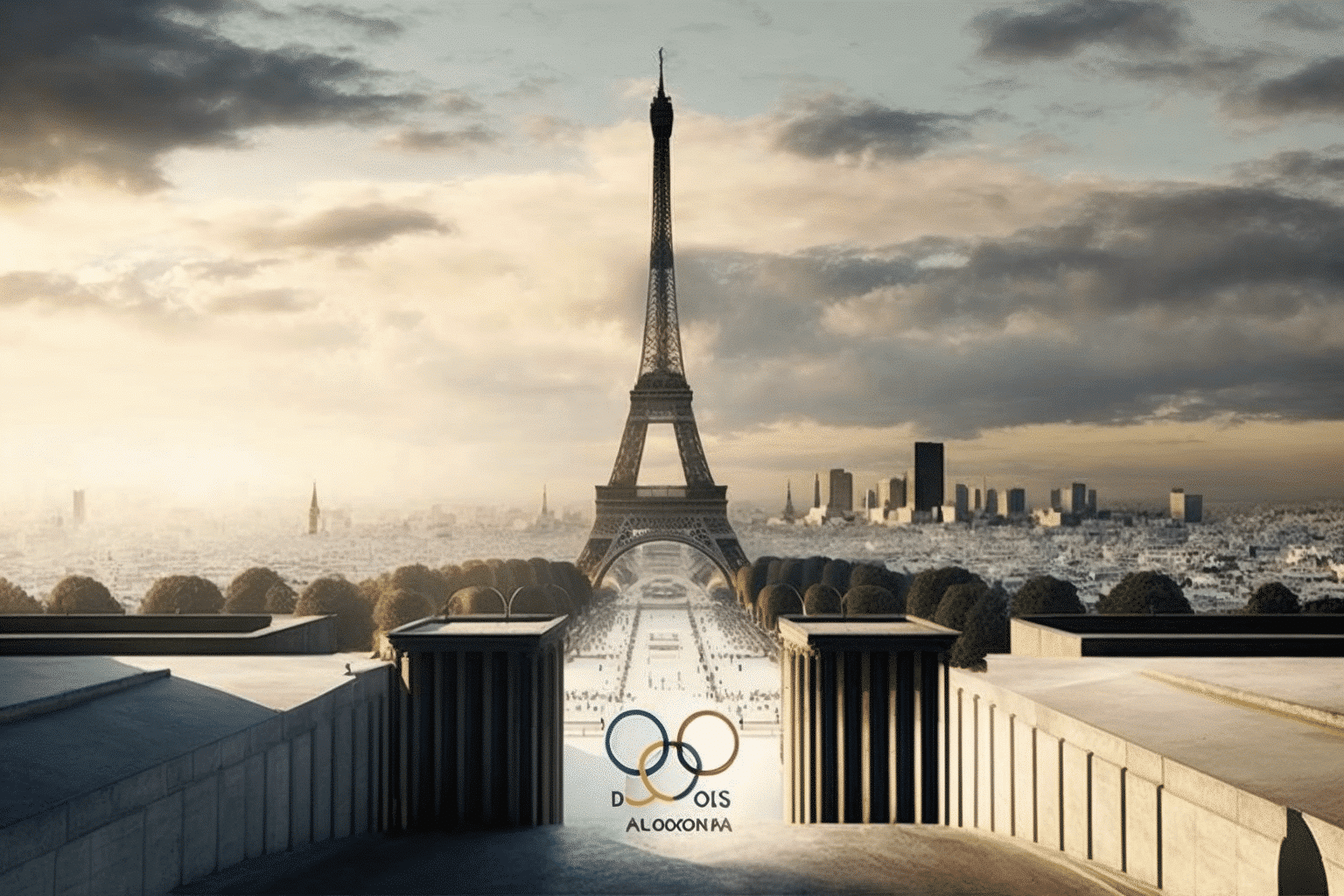A French bill related to the 2024 Paris Olympics, which opponents argue could enable invasive video surveillance technology in France and other European countries, has garnered significant support from lawmakers in a recent vote.
The proposed law would temporarily authorize using advanced surveillance systems to secure the Paris Games, which will occur from July 26 to August 11, 2024, and the subsequent Paralympics. These systems combine cameras and AI software to identify potential security threats, such as unattended packages or sudden crowd movements, with human operators determining if intervention is necessary.
French officials maintain that facial recognition will not be employed. Proponents of the legislation argue that the technology could help prevent tragedies like the deadly crowd incident in South Korea during October’s Halloween celebrations, which claimed nearly 160 lives.
During a National Assembly debate, Interior Minister Gérald Darmanin emphasized that the focus is on identifying situations, not individuals. The Senate approved the draft in January with a 245-28 majority, and the National Assembly followed with a 400-93 vote, which Sports Minister Amélie Oudéa-Castéra described as “an essential step.”
The draft will undergo further adjustments by assembly members and senators before its anticipated final approval in April.
Even if France only legalizes AI-powered surveillance, digital rights groups warn that it would violate international human rights law temporarily. As a result of the bill, until the end of 2024, practical applications will be allowed to protect sporting and cultural events in France that are particularly vulnerable to terrorist attacks.
Mher Hakobyan, an AI regulation advisor at Amnesty International, warns that using the technology could permanently turn France into a surveillance state, violating rights to privacy, protest, freedom of assembly, and expression. Hakobyan also notes that surveillance technologies often disproportionately target marginalized groups.
Critics argue that despite the bill’s claim that facial recognition will not be used, cameras may still analyze physical characteristics such as posture, gait, and gestures. They also express concern that the technology could disproportionately affect individuals who frequently occupy public spaces, like the homeless. The legislation also paves the way for drone-mounted cameras.
Despite these concerns, French authorities argue that the technology’s benefits outweigh potential risks, with the primary goal being to ensure the safety and security of event attendees. They also emphasize that AI-powered surveillance will be monitored and regulated to minimize negative consequences.
As the bill moves closer to becoming law, supporters and detractors will continue to debate the merits and drawbacks of implementing AI-powered surveillance during the Paris Olympics and other major events. The outcome of this legislative process may set a precedent for other countries considering similar measures.




